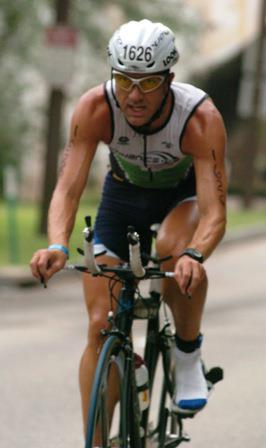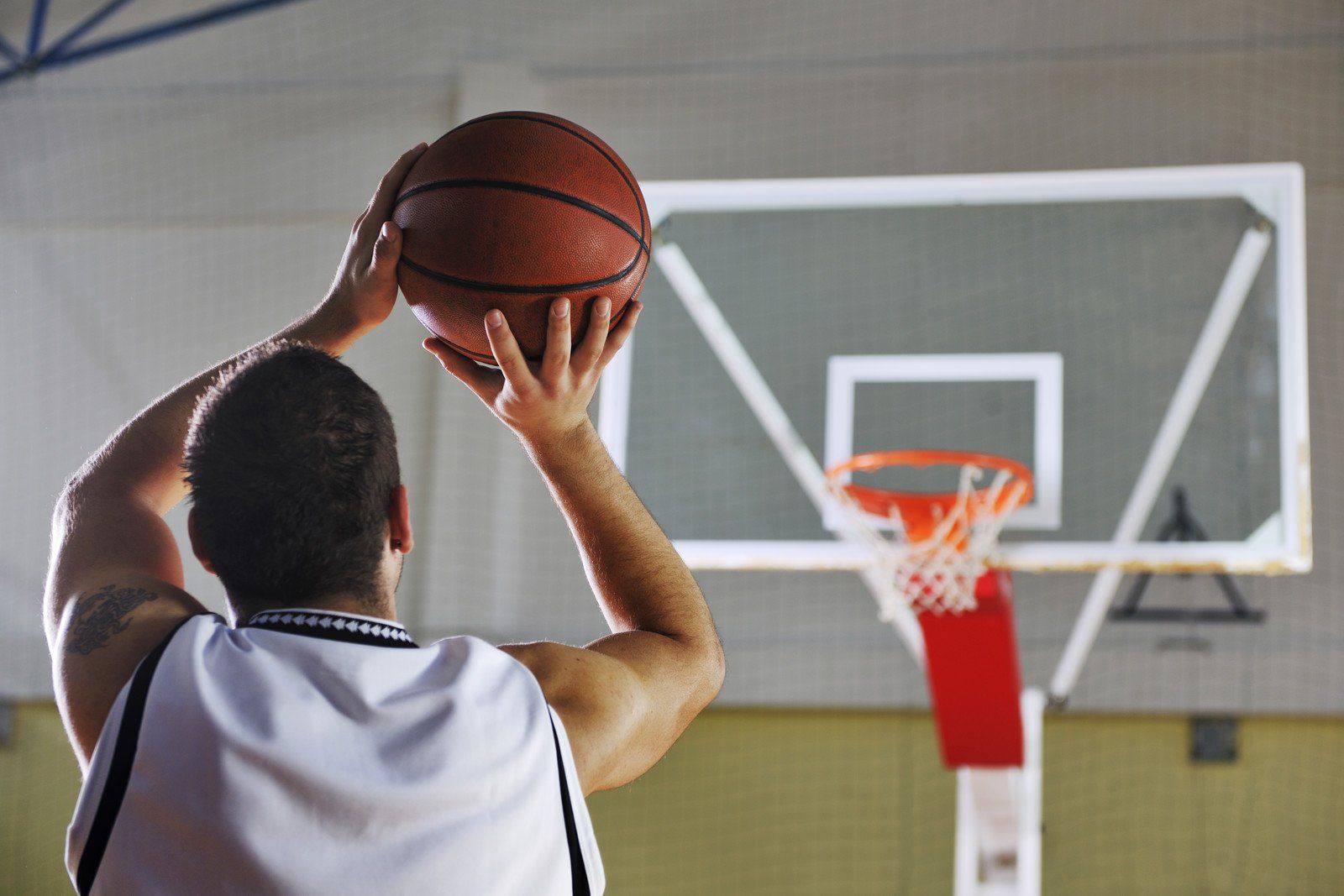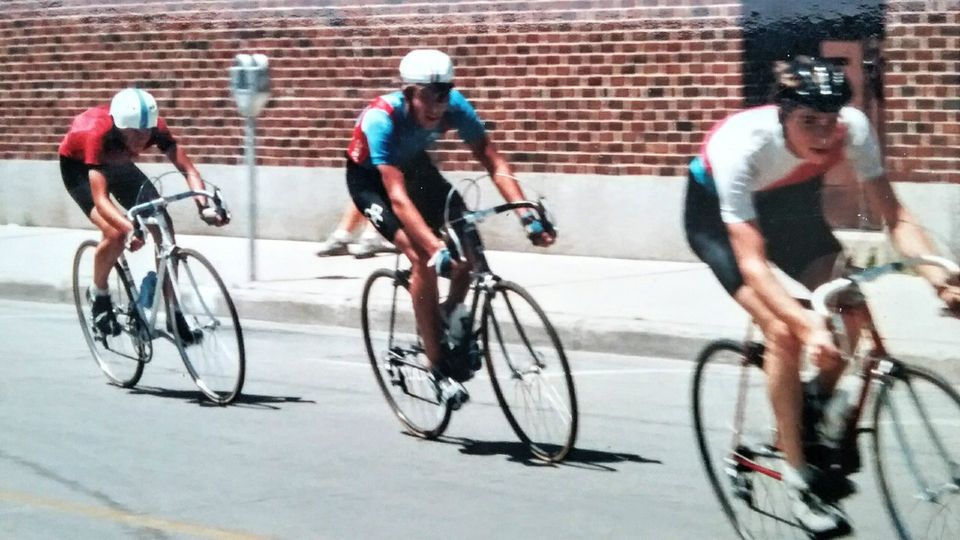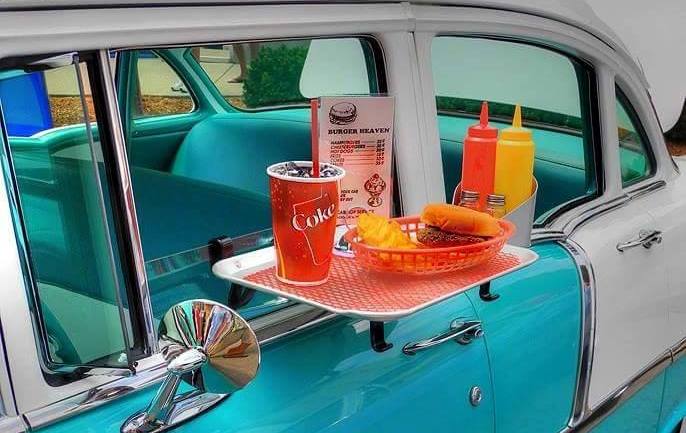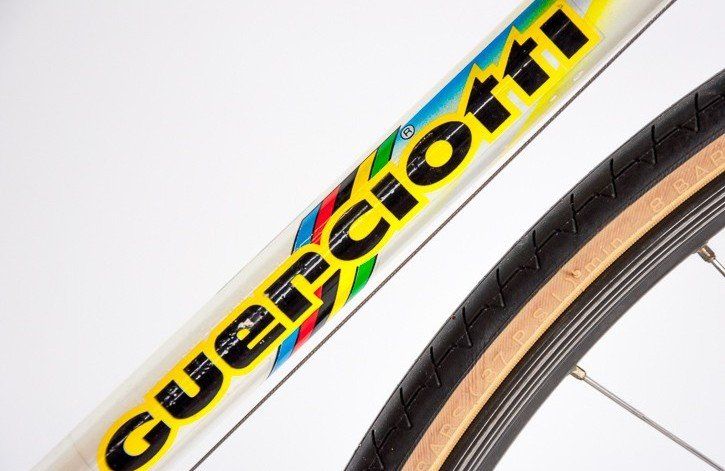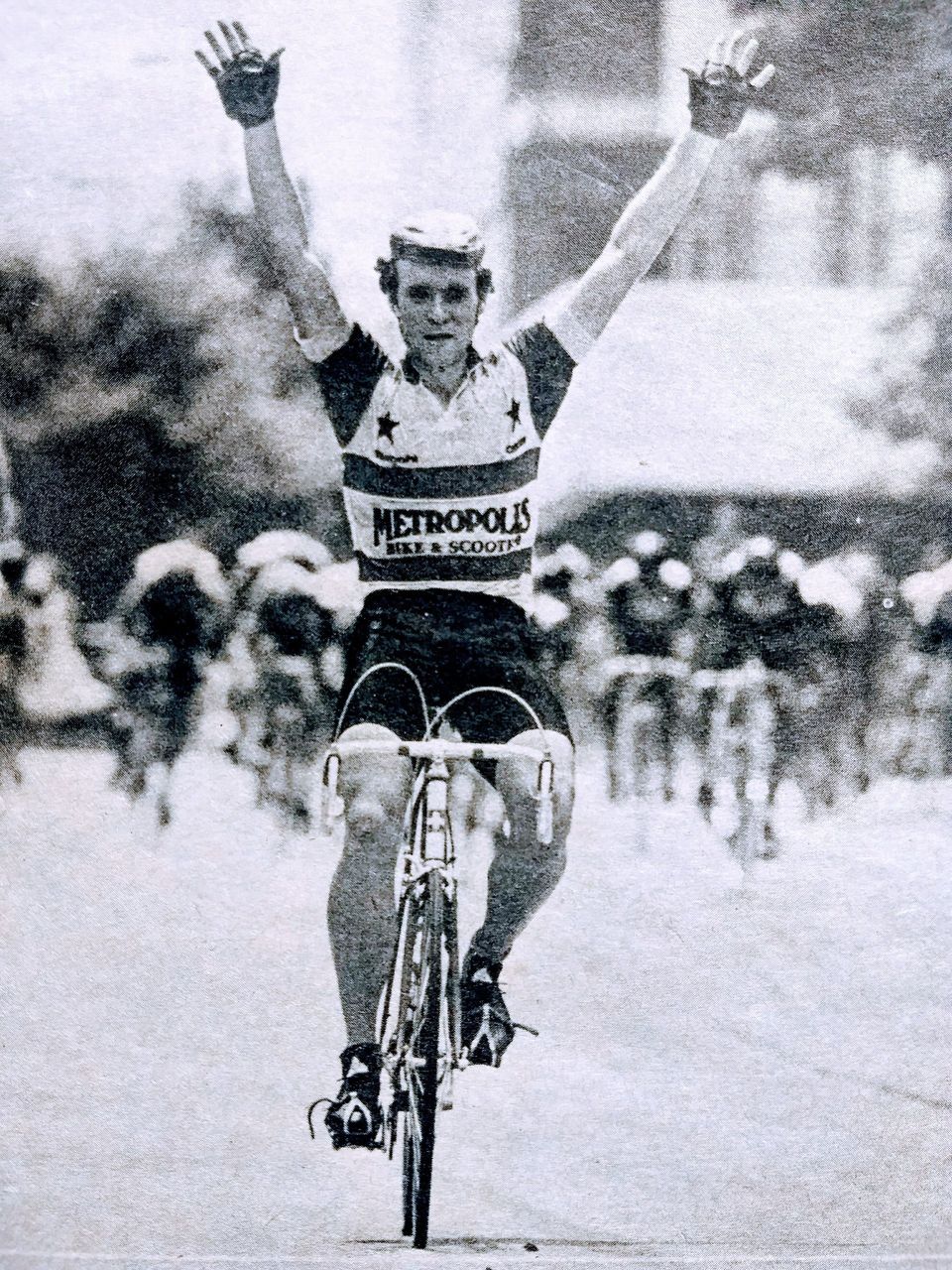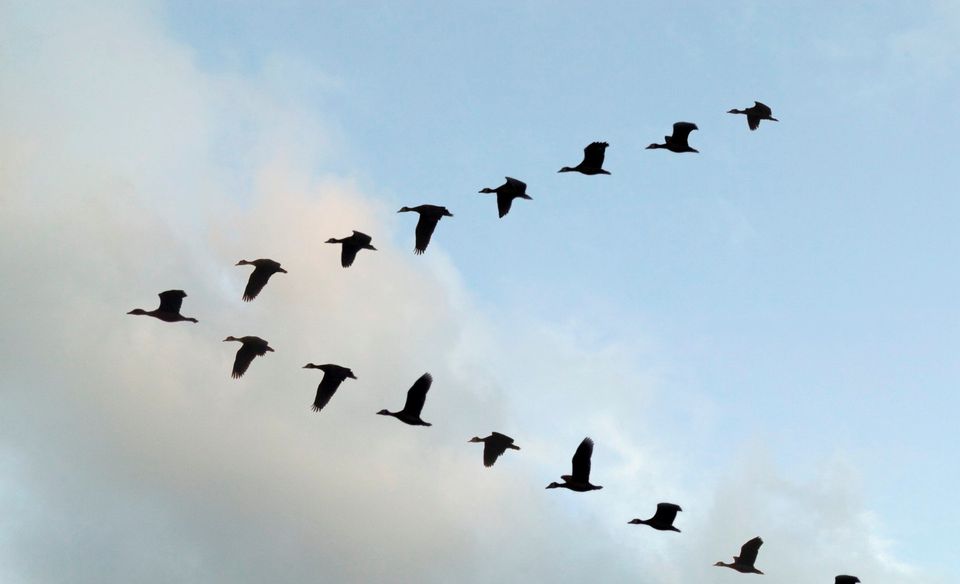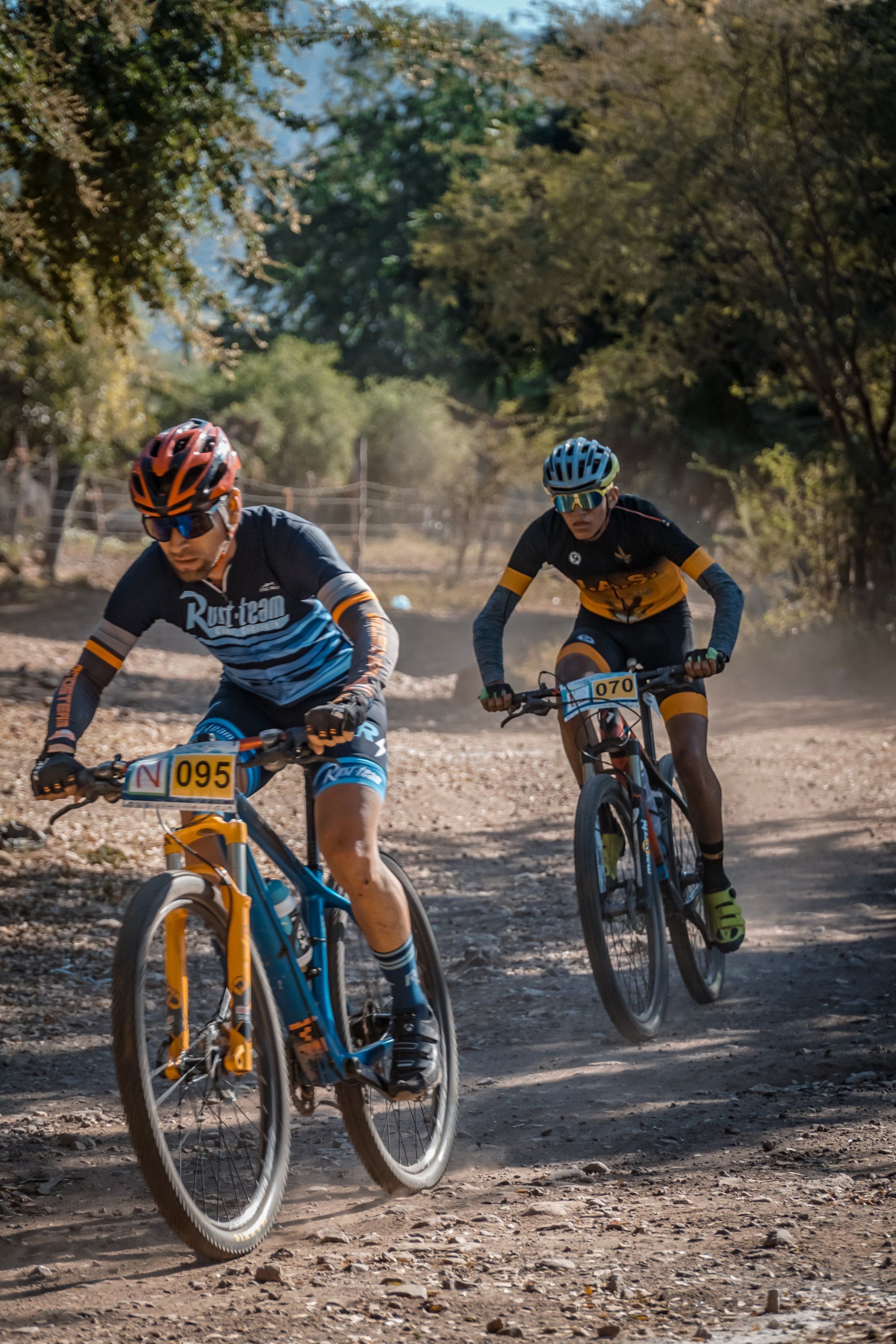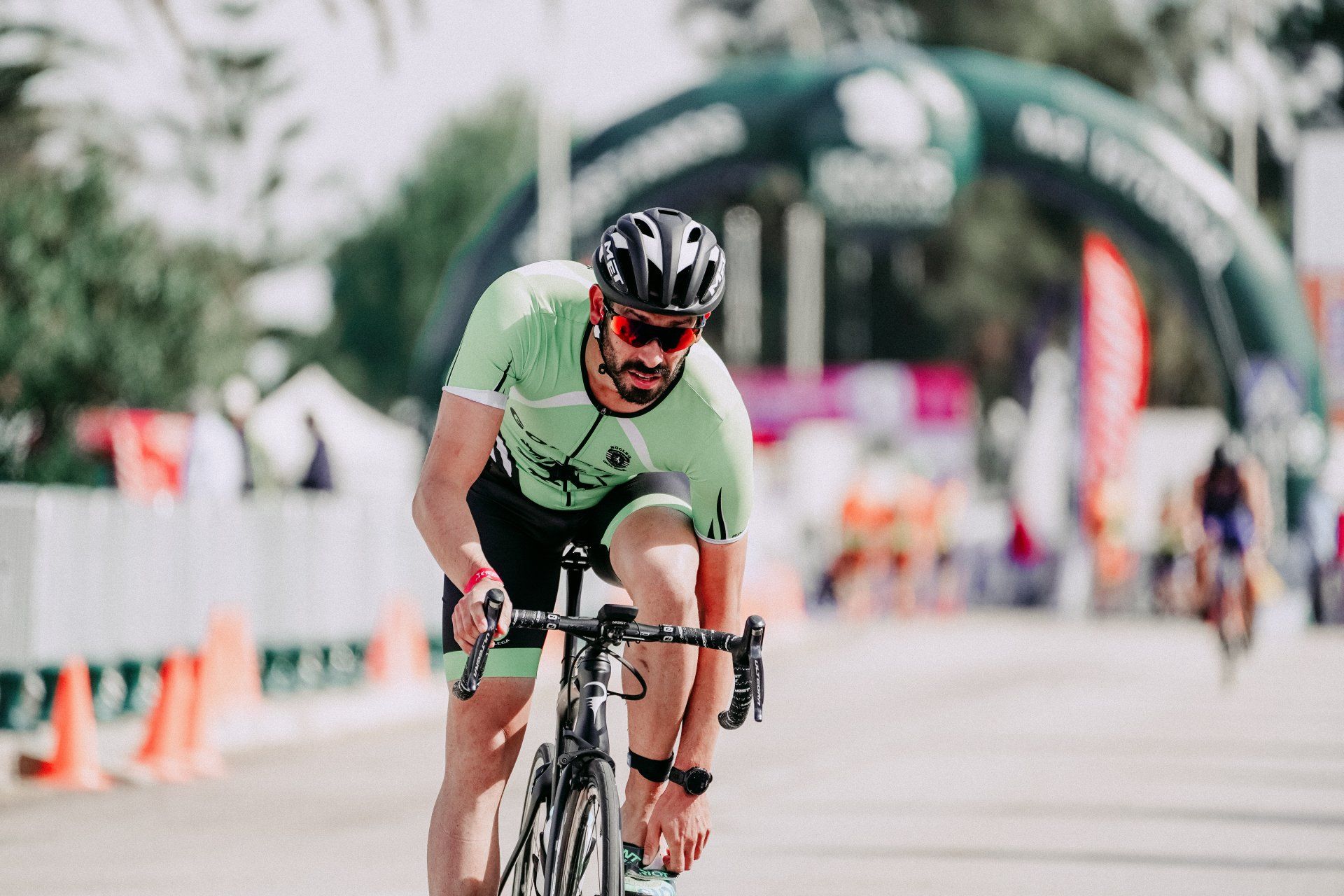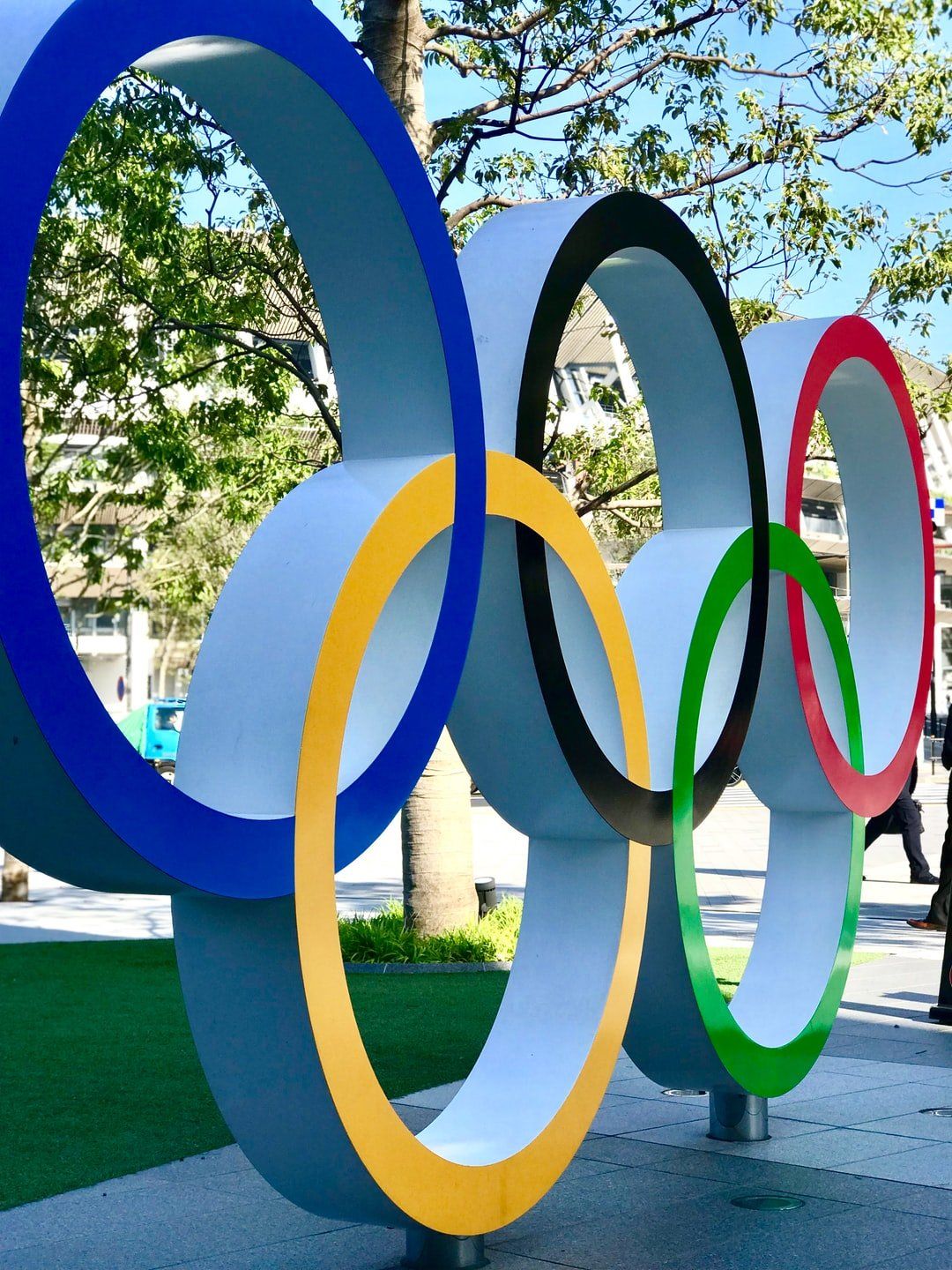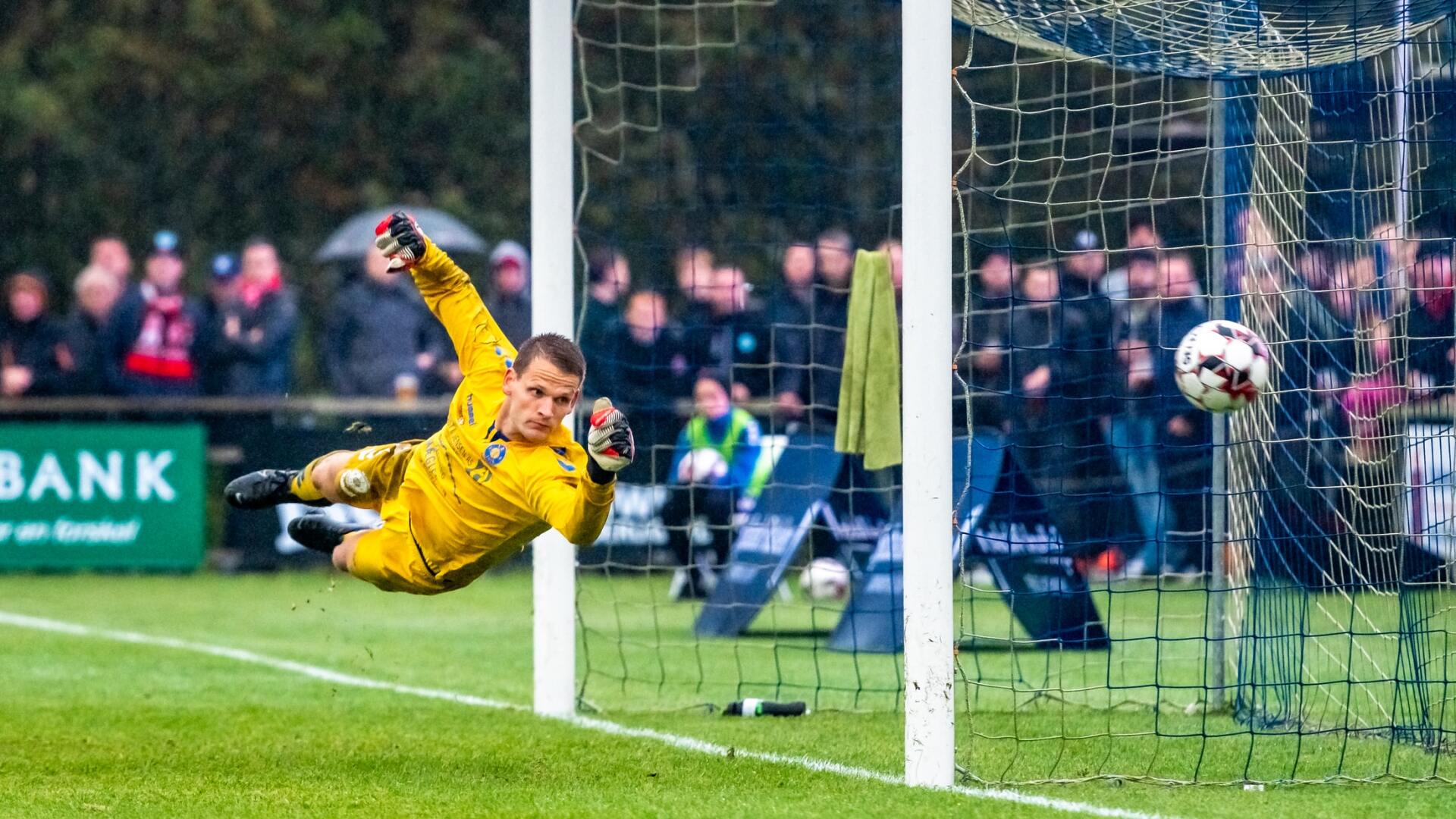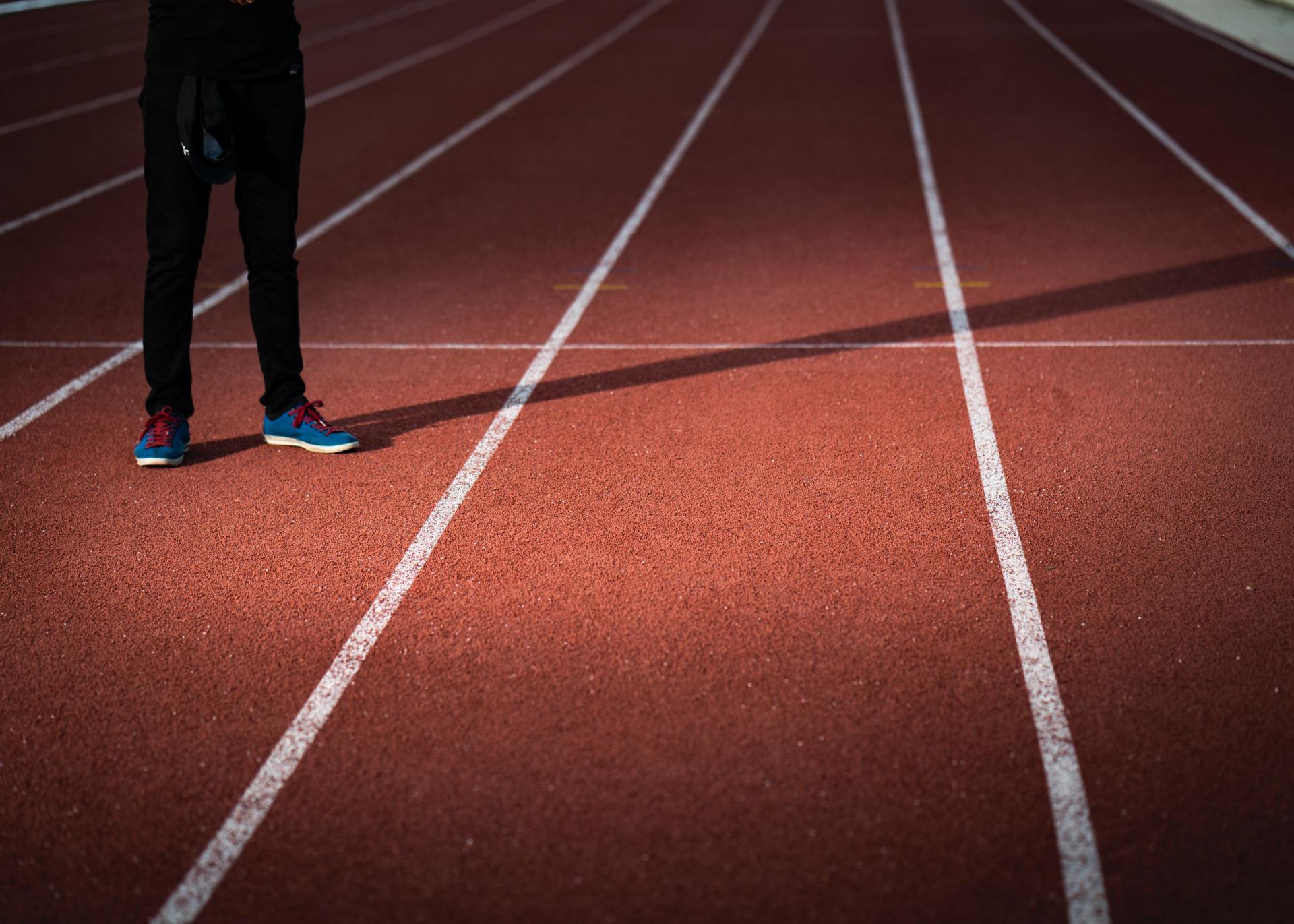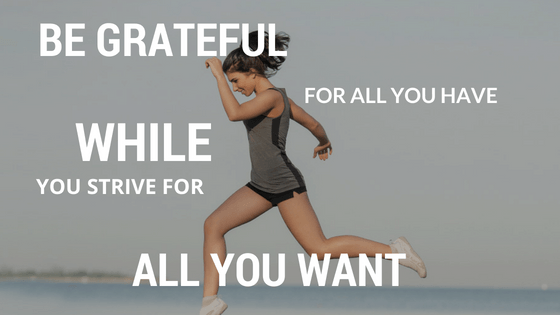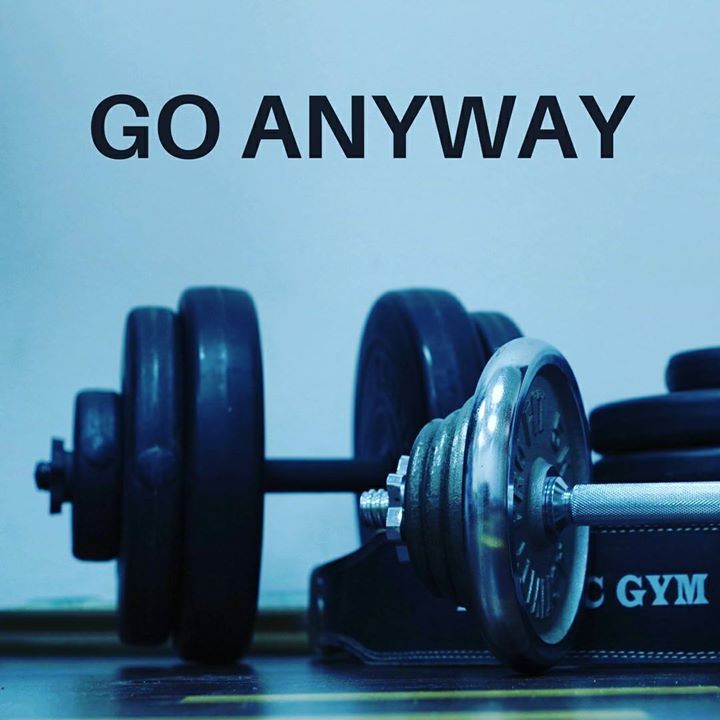Birds of a Feather: The Power of Peer Modeling
How I learned to raise my expectations.
I was 15 when I met Tom Frueh, whose family hosted me at their home for the 1983 Pepsi-Lowenbrau Gran Prix, a seven day bicycle race in Central Wisconsin. Some of the best Junior riders (age 15-17) in the country were there.
The race organizers had a system where riders were randomly assigned to a host family. At the time, I didn't know how fortunate I was to be selected to stay at Tom's house.
Tom was a year older than me and a much better racer. My best finish all year was 10th place. I had never talked to him; only watched him beat me and my friends in races. What would he be like?
The shuttle bus slowed down and dropped me off. With my bags in one hand and my bike in the other, I awkwardly knocked on my host family's door.
Tom cheerfully greeted me at the door and asked if I wanted to go for a training ride before dinner. I accepted his offer, and off we rode into the humid Wisconsin afternoon.
Relaxed and confident, Tom rode no-handed and speculated about the next day’s opening stage: “It should be fast, Gordy Holterman is gonna be there.”
Gordy was probably the best Junior rider in the country at that time, but Tom’s tone of voice and was casual, almost over-confident. “I’m pretty fast too,” he said with a sly smile.
And fast he was. The next day, Tom ended up on the podium in 3rd place. Gordy won. I finished somewhere in the top 20.
As I watched the podium celebration, and Tom being interviewed by the local TV station, I was struck with the thought that maybe I could be up there too. After all, Tom was just a normal down-to-earth Wisconsin guy, you know... like me.
The next day, I warmed up on the race course with my usual group of friends. We had entered the Grand Prix with no aspirations, just hoping to finish respectably in this field of elite riders.
As we lined up on the start line, I looked around at the competition. Some of them I had only read about. In my head I thought about how good everyone else was.
The start pistol went off, and we rounded the first corner. Suddenly it got fast, really fast. Gordy took the lead, and pulled away from the field.
The field slowed and riders bunched together. Who was going to chase? Just then, Tom attacked up the side of the road. Another rider took off, then another.
But soon Tom and the others were reeled back in, their efforts to bridge up to Gordy had failed. Suddenly, Tom attacked again! “How is that possible?” I thought. He didn’t even have time to recover. I watched him ride away, his body writhing in pain.
Tom ended up on the podium again, in second place, with Gordy taking the victory. "So that's how Tom does it," I thought, “He creates the race himself.” Tom dictated the course of the race. He didn’t let pain stop him.
After the race, I hung out with Tom and Gordy and a few other racers who were "out of my league." We went swimming, went to Leon's Malt Shop in Oshkosh to get burgers, and basically laughed and had fun like teenagers do.
I didn't know it at the time, but I was experiencing something social scientists call homophily
which essentially means people with shared beliefs and values tend to group together, you know, “birds of a feather flock together.”
Because I was selected to stay with Tom's family, I had essentially been given a free ticket to hang out with these guys. A backstage pass, if you will. Even though I felt out of my league, I was having fun. More importantly, I was beginning to feel like I belonged with them.
After a few more days of watching Gordy and Tom climb the podium, a discomfort began to grow in me. My meager results no longer felt acceptable. I wanted to be like my new friends. Unbeknownst to me, the power of homophily and my subconscious mind were already setting the stage...
The final race of the series was in a town called Fond du Lac. The course was a fast, four-corner, criterium-style race.
Warming up with my new fast friends, I felt a sense of assuredness, like I finally belonged in their group.
The race was fast from the get-go. Everybody wanted to be up front because the tight corners made it difficult to move up. I got a great position at the start, and to my surprise, found myself at the front of the pack.
Like clockwork, Gordy attacked, followed by Tom, then another nationally-ranked rider from Philadelphia. The rest of the riders hesitated, looked around. Everyone seemed to be thinking, “who's got the guts to chase?”
Then, a curious thing happened. I attacked. Yes, me! I had the guts.
I pedaled furiously, the lactic acid in my legs burning, my lungs on fire. I had never pushed myself this hard before. I looked back, and no one was behind me.
I began to see Tom ahead of me. I had to catch him. It was a must. I had to let him know I belonged in his flock.
Tom, Gordy, and the rider from Philly had slowed slightly, just enough for me to catch them. I was exhausted, but giddy. Like a kid who just jumped off the high dive for the first time and realized he survived.
Tom, Gordy and the Philly rider were riding inches apart with machinelike precision. I was out of my league but I didn't care. I pulled through to the front and pedaled my heart out.
When my turn was over, an angry voice grumbled, “get out of here, you little shit.” It was the Philly rider. For brief moment, I almost listened to him, almost believed I didn’t deserve to be there. Fortunately, I ignored him.
I was holding my own, but I was clearly running out of gas. My trusty Guerciotti road bike was spinning out its biggest gear.
Suddenly Gordy attacked. Tom gave chase, then the Philly rider. I was redlined. I could not respond. But I wasn’t about to give up.
As they drifted away from me, I glanced behind me. I still had a gap over the main field of riders. Five laps to go… could I hold it and get 4th place?
Four laps to go… three laps... two… I gave a final look over my shoulder and noticed one rider had broken away from the pack and was closing in on me. I put my head down and dug deep.
With one lap to go, the guy behind caught me. He looked exhausted, his face beet red. Then he attacked. No time to think, I chase him, leaning my bike hard into the next corner.
Flying down the backstretch, he pulls away. Next corner, I lean my bike, focus straight ahead. Final corner, finish line now in site. Quick glance over my shoulder, two riders closing in on me, then the pack.
The last meters to the finish are brutal. Time slows down. My legs are like lead. I hear the riders behind me breathing, closing in. My front wheel crosses the line, then the back. I calculate: 5th place?
Yes, 5th place. My best result of the year! Not quite the podium, but for a scrawny 15-year-old racing against 16 and 17-year-olds, I really pulled off a feat. Gordy won the stage, Tom second. And me, now part of the flock.
As I think back on this, now more than (30!) years ago, I realize that this race was a pivotal moment in my life. I gave myself permission to go for it, to take a risk, to challenge myself and not be afraid.
I also realize now the power of one's peer group. Through good fortune, I was thrust into a new peer group, one with high expectations. Naturally, my formerly low expectations got ratcheted up. I wanted to belong, to be liked.
But I raised my expectations not just for my new friends, but for me too. I had set a new normal for myself. The thought of returning to my former expectations felt stifling, suffocating.
This is the power of the peer group. The group has its own (often unspoken) expectations. Going lower or higher than these expectations meets with disapproval.
So, if you want to raise your expectations, start hanging around people who are "out of your league." This doesn't mean abandon your old group of friends, it just means that you want to up your game. Maybe you can even take some of your friends with you!
Whatever your sport, find people who are better than you, and start riding with them, running with them, shooting hoops with them. You might get disapproving looks, you might even be laughed at. But if you've got some talent and determination, you'll soon be flying with another flock.
